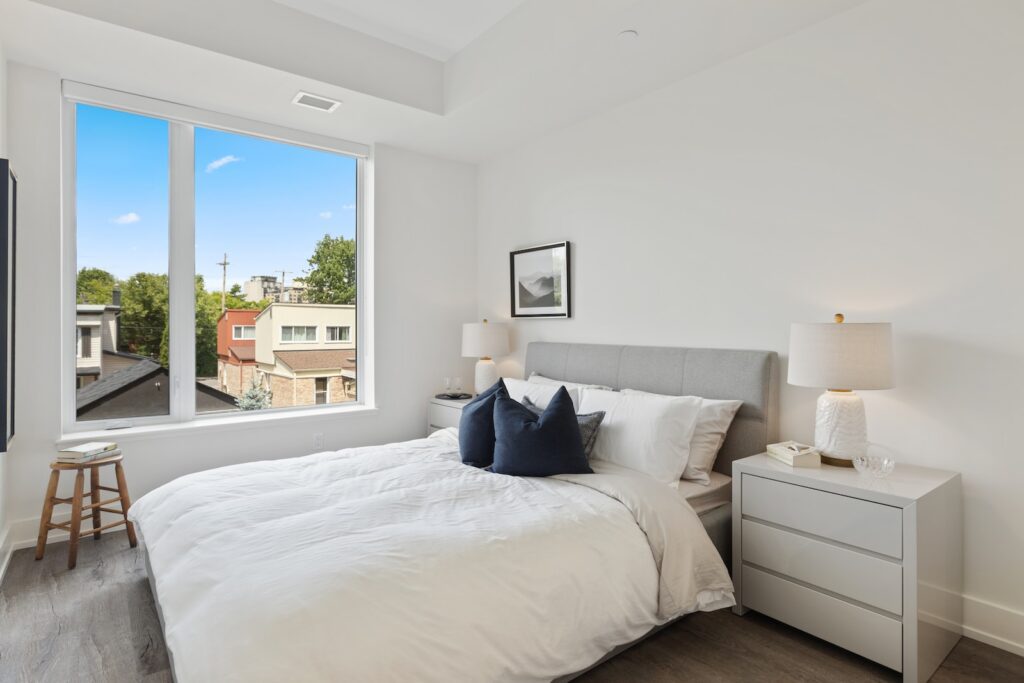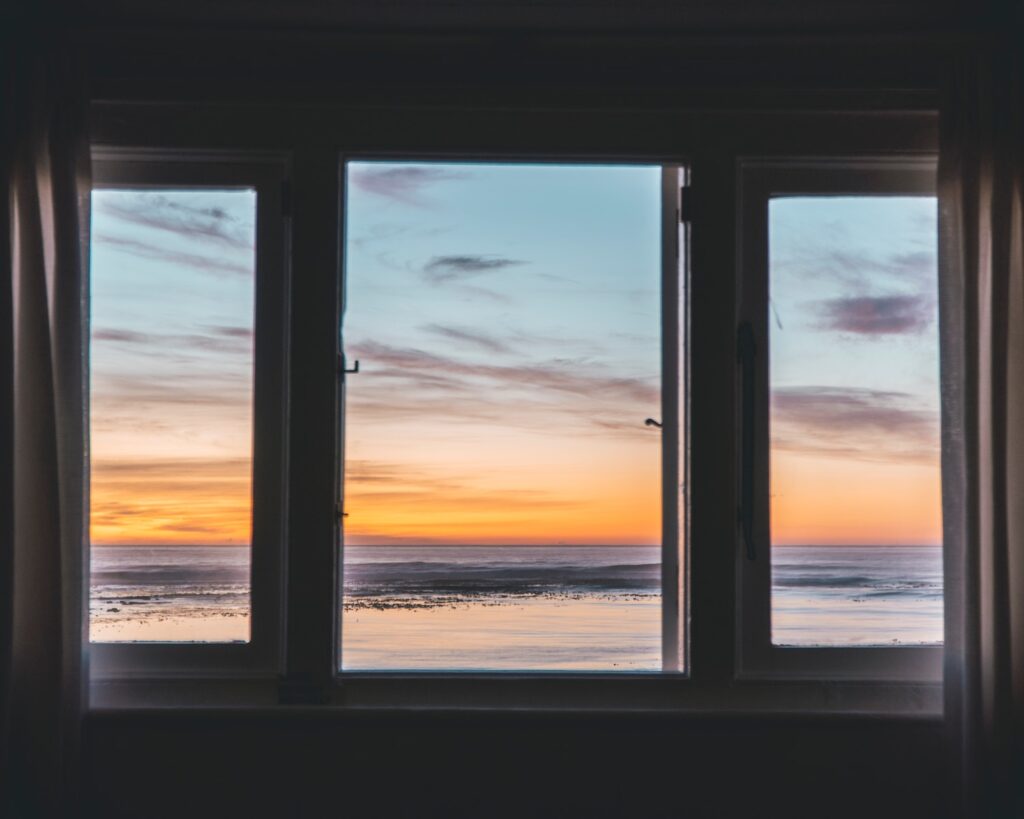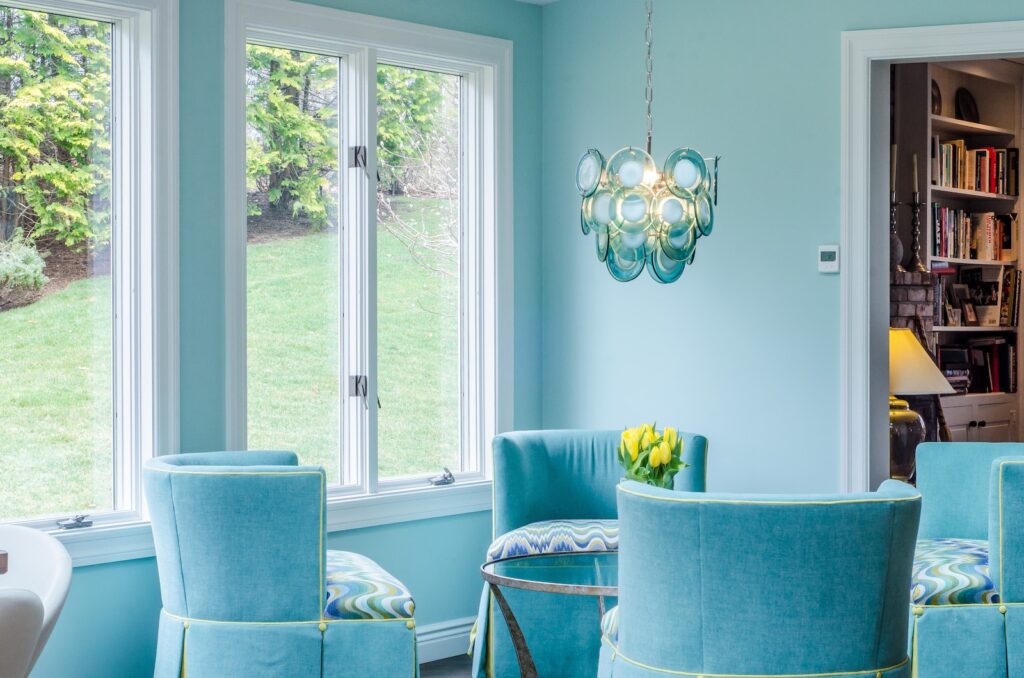Are you tired of the constant maintenance and high cost of replacing your window glass? Have you considered replacing it with plexiglass? Plexiglass is a durable and cost-effective alternative to traditional window glass that has been gaining popularity in recent years.
Not only is plexiglass shatter-resistant, but it is also lightweight and easy to install. In this article, we will explore the benefits of using plexiglass as a replacement for window glass and provide you with all the information you need to make an informed decision. So, let’s dive in and discover if plexiglass is the right choice for your windows!

Replacing Glass With Plexiglass?
What is Plexiglass?
Plexiglass is a type of plastic that is commonly used as a substitute for glass in various applications. It is made from a thermoplastic material called polymethyl methacrylate (PMMA), which is strong, lightweight, and shatter-resistant. Plexiglass is often used in place of glass in situations where safety and durability are key considerations, such as in hurricane-prone areas or in settings where children are present.
One of the main advantages of plexiglass is that it is much more resistant to impact than traditional glass. This means that it is less likely to shatter or break, which makes it a safer option in many situations. Additionally, plexiglass is much lighter than glass, which makes it easier to handle and install. Finally, plexiglass can be molded into a variety of shapes and sizes, which makes it a versatile material for many different applications.
Can You Replace Window Glass With Plexiglass?
If you are considering replacing your window glass with plexiglass, there are a few things to keep in mind. First, plexiglass is not as scratch-resistant as glass, so it may not be the best option if you have pets or small children who could scratch the surface. Additionally, plexiglass is not as heat-resistant as glass, so it may not be the best option for windows that are exposed to direct sunlight.
However, there are also many benefits to using plexiglass for your windows. For example, plexiglass is much more impact-resistant than glass, so it is a safer option in areas prone to severe weather or high winds. Additionally, plexiglass is much lighter than glass, so it is easier to install and less likely to break during transportation. Finally, plexiglass can be cut to fit any size or shape of window, making it a versatile option for many different types of buildings.
The Benefits of Plexiglass Windows
There are many benefits to using plexiglass for your windows. First, plexiglass is much more shatter-resistant than traditional glass, which makes it a safer option in many situations. Plexiglass also offers better insulation than glass, which can help to keep your home or building more energy-efficient. Additionally, plexiglass can be tinted or colored to match your preferences, which makes it a versatile option for many different types of buildings.
Another benefit of plexiglass windows is that they are much lighter than glass, which makes them easier to handle and install. This can save you time and money during the installation process. Finally, plexiglass is much more impact-resistant than glass, which makes it a better option in areas prone to severe weather or high winds.
The Drawbacks of Plexiglass Windows
While there are many benefits to using plexiglass for your windows, there are also some drawbacks to consider. First, plexiglass is not as scratch-resistant as glass, so it may not be the best option if you have pets or small children who could scratch the surface. Additionally, plexiglass is not as heat-resistant as glass, so it may not be the best option for windows that are exposed to direct sunlight.
Another drawback of plexiglass windows is that they can be more expensive than traditional glass windows. However, this cost may be offset by the increased safety and durability of plexiglass. Finally, plexiglass is not as optically clear as glass, which means that it may not be the best option if you require a very clear view through your windows.
Plexiglass vs. Glass Windows
| Factor | Plexiglass | Glass |
|---|---|---|
| Impact Resistance | High | Low |
| Safety | High | Low |
| Scratch Resistance | Low | High |
| Heat Resistance | Low | High |
| Cost | Higher | Lower |
Overall, there are many factors to consider when deciding between plexiglass and glass windows. While plexiglass is more expensive and less scratch-resistant than glass, it is also much more impact-resistant and safer. Additionally, plexiglass can be a more energy-efficient option than glass, which can help to save you money on your energy bills over time. Ultimately, the choice between plexiglass and glass will depend on your specific needs and preferences.
The Bottom Line
In conclusion, plexiglass is a versatile and durable material that can be used in many different applications, including as a substitute for traditional glass windows. While there are some drawbacks to using plexiglass, such as its lower scratch-resistance and higher cost, there are also many benefits to consider, such as its impact-resistance and energy efficiency. Ultimately, the choice between plexiglass and glass windows will depend on your specific needs and preferences, but plexiglass is certainly worth considering as an option.
Frequently Asked Questions
What is Plexiglass?
Plexiglass is a type of plastic material that is commonly used as an alternative to traditional glass. It is made from a type of acrylic that is lightweight, shatter-resistant, and transparent. Plexiglass is a popular choice for many applications, such as windows, skylights, and protective barriers.
One of the main benefits of using plexiglass instead of glass is its durability. It is much more resistant to impact and breakage, making it a safer option in certain situations.
What are the advantages of using Plexiglass for windows?
There are several advantages to using plexiglass for windows. One of the main benefits is its durability. Plexiglass is much stronger than traditional glass, which makes it more resistant to breakage and impact. Additionally, plexiglass is much lighter than glass, which makes it easier to install and handle.
Another advantage of using plexiglass for windows is its flexibility. It can be cut to fit any size or shape, which makes it a versatile option for a wide range of applications. Finally, plexiglass is also more energy-efficient than traditional glass, which can help reduce heating and cooling costs.
Can you replace a broken window with plexiglass?
Yes, it is possible to replace a broken window with plexiglass. In fact, many people choose to use plexiglass as a replacement for traditional glass in windows due to its durability and other benefits. However, it is important to note that plexiglass is not suitable for all applications, and may not be the best choice for certain types of windows or environments.
If you are considering replacing a broken window with plexiglass, it is important to consult with a professional to determine whether it is the best option for your needs. They can help you select the right type of plexiglass and ensure that it is installed correctly.
Is plexiglass more expensive than traditional glass?
Generally speaking, plexiglass is more expensive than traditional glass. However, there are several factors that can impact the cost of both materials, including the size and shape of the window, the thickness of the glass or plexiglass, and the specific type of material used.
While plexiglass may be more expensive than traditional glass upfront, it can also provide long-term cost savings due to its durability and energy efficiency. Additionally, some people may prefer the look and feel of plexiglass over traditional glass, which can make it worth the extra cost.
Are there any downsides to using plexiglass for windows?
While there are many advantages to using plexiglass for windows, there are also some downsides to consider. One of the main drawbacks is that plexiglass is more prone to scratching than traditional glass. This can be a problem in areas where the window may come into contact with abrasive materials or frequent use.
Additionally, plexiglass may not be suitable for all types of windows or environments. For example, it may not be the best choice for windows that require a high level of clarity or transparency. It is important to carefully consider the pros and cons of using plexiglass before making a decision.
Replacing A Broken Window With Plexiglass
In conclusion, replacing window glass with plexiglass is a viable option for homeowners who are looking for a more durable, shatter-resistant alternative. However, it’s important to keep in mind that plexiglass may not be suitable for all types of windows, such as those that require specific thickness or insulation.
Before making the switch, it’s important to consider the potential drawbacks of plexiglass, such as scratches and discoloration over time. Homeowners should also consult with a professional to ensure that plexiglass is a safe and appropriate option for their specific needs.
Overall, while plexiglass may not be a perfect replacement for traditional window glass, it can offer many benefits and is worth considering as an alternative. With proper care and maintenance, plexiglass can provide a long-lasting solution for homeowners looking to upgrade their windows.


